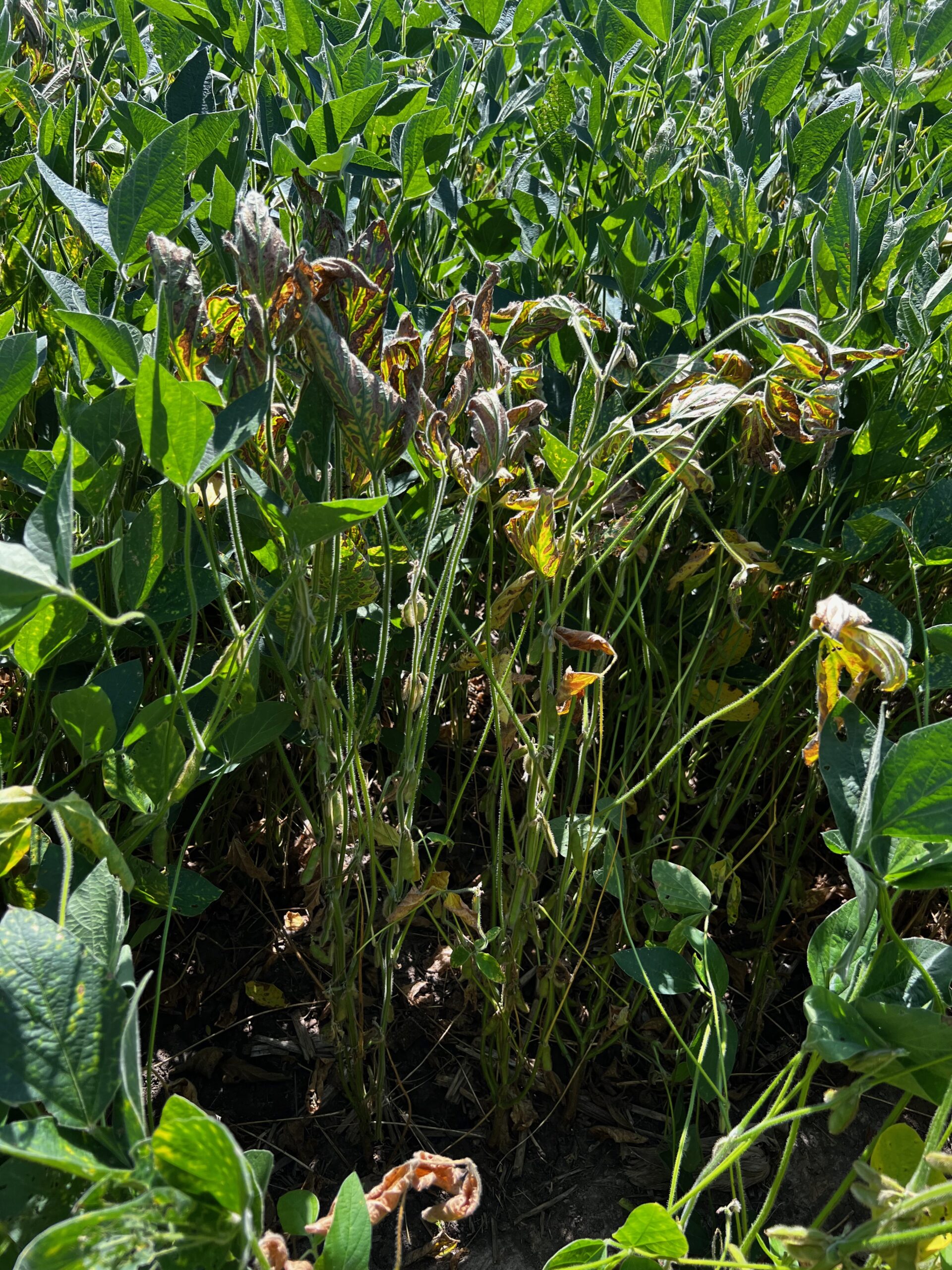Red crown rot (RCR) is a soilborne disease that's becoming a growing concern in some parts of Illinois. While not all farmers have encountered it yet, its presence is increasing and researchers are taking notice. A new study is underway to explore how biological seed treatments may help manage this emerging threat.
With support from the Illinois Soybean Checkoff, a research team led by Dr. Boris Camiletti is evaluating 16 commercial biological products to see how they perform against RCR. The goal? To support farmers with better tools and data-driven information to manage this growing threat.
Dr. Camiletti and his team began their work by collecting input from farmers and ag industry professionals about current seed treatment practices and red crown rot management. Using that information, they tailored their trials to address issues out in the field.
"After fine-tuning our protocols in the greenhouse and growth chamber, we kicked off our first round of testing," said Camiletti. "We wrapped up initial growth chamber and in-vitro trials in mid-March and are preparing for the second round now."
While some in-vitro tests faced contamination—likely due to impurities in the commercial products—several treatments still showed strong potential.
"We observed some clear antagonism against the red crown rot pathogen in a few products, and we're seeing differences in plant growth and disease suppression," Camiletti shared.
The next phase includes more lab work to identify beneficial bacteria and new pot experiments to simulate field-like conditions.
This research is laying the groundwork for improved RCR management recommendations. As biological products gain traction in soybean production, understanding which ones actually deliver results is key to maximizing yield potential and protecting plant health.
Stay tuned for more updates as the research moves forward. In the meantime, you can learn more about this checkoff-funded study by visiting the Field Advisor Research Hub.



 and then
and then